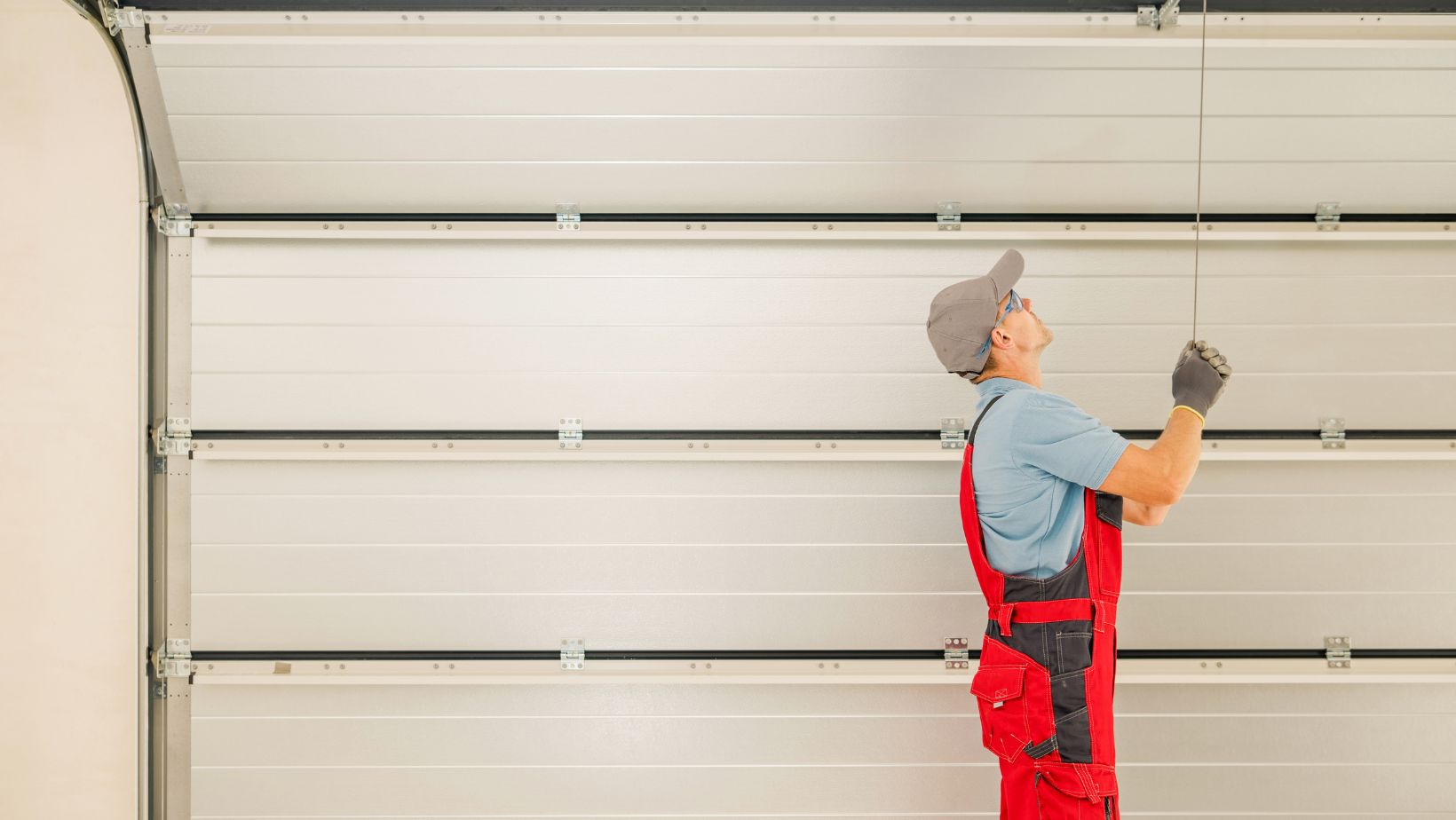As winter approaches, many gardeners face the dilemma of how to properly store their potted plants to ensure their survival. One popular option is storing them in the garage, offering protection from harsh weather conditions. But is it really suitable for all types of plants? Let’s delve into the considerations and best practices for storing potted plants in the garage during winter.
When it comes to storing potted plants in the garage for winter, temperature is a crucial factor to consider. Most garages experience fluctuations in temperature, ranging from chilly nights to warm days. This can be detrimental to some delicate plant varieties that require a consistent environment. It’s important to assess whether your garage remains consistently above freezing temperatures or if additional insulation measures are needed.
Table of Contents
ToggleStoring Potted Plants In Garage For Winter
Best Potted Plants for Winter Storage
When it comes to storing potted plants in the garage for winter, selecting the right plants is crucial. Not all plants are suited to withstand the cold temperatures and limited sunlight during this season. Here are some top recommendations for potted plants that can thrive in winter storage:
- Hardy Perennials: Many hardy perennials, such as coneflowers (Echinacea), asters, and sedums, can endure colder temperatures and survive well in garages during winter.
- Evergreen Shrubs: Evergreen shrubs like boxwoods, hollies, and junipers retain their foliage throughout the year, providing a touch of greenery even in winter.
- Bulbs: Certain bulbous plants like tulips, daffodils, and hyacinths can be stored in pots during winter if they have been properly prepared beforehand.
- Ornamental Grasses: Some varieties of ornamental grasses like miscanthus or fountain grass can add texture and interest to your indoor garden during the colder months.
Remember to research specific plant species before choosing them for winter storage since different regions may have varying temperature ranges and climate conditions. For those looking to maintain a green and vibrant outdoor aesthetic during winter without the concerns associated with potted plants, synthetic grass emerges as an innovative solution.

Preparing Your Garage For Storing Potted Plants
When it comes to storing potted plants in your garage for the winter, proper preparation is key. Creating a suitable environment will help protect your plants from the harsh conditions outside, ensuring their survival until spring. Here are some essential steps to follow when preparing your garage for storing potted plants:
- Clean and Organize: Start by decluttering your garage and creating space specifically designated for your potted plants. Remove any items that could potentially damage or obstruct the plants. A clean and organized space will provide a better environment for them.
- Assess Temperature and Humidity: Check the temperature and humidity levels in your garage. Most potted plants prefer cool but not freezing temperatures between 40-50°F (4-10°C). Monitor humidity levels as well, as excessively dry air can be harmful to certain plant species.
- Provide Adequate Lighting: While natural light may be limited in a garage, consider using artificial lighting systems such as grow lights to provide sufficient illumination for your plants during their dormant period.
- Insulate Against Extreme Temperatures: Insulating the walls of your garage can help regulate temperature fluctuations inside. Consider adding insulation materials like foam boards or weatherstripping to keep cold drafts out and maintain a more stable climate.
- Ensure Proper Ventilation: Good airflow is crucial even in an enclosed space like a garage. Make sure there’s adequate ventilation to prevent excess moisture buildup that could lead to fungal diseases among your potted plants.
- Protect from Pests: Take preventive measures against pests that might find their way into your garage, such as rodents or insects attracted to stored items or plant debris. Seal any entry points and regularly inspect for signs of infestation.
- Watering and Maintenance: Adjust watering schedules according to each plant’s needs during winter dormancy periods, taking care not to overwater or underwater them. Regularly check for signs of disease or pests and address them promptly.
Remember, not all plants are suitable for winter storage in a garage. Some may require specialized conditions like a dormant period in a cold but frost-free area. It’s essential to research the specific needs of your plants beforehand and provide appropriate care accordingly.
By following these steps and ensuring a well-prepared environment, you can successfully store your potted plants in the garage for winter, giving them the best chance of survival until spring arrives.





